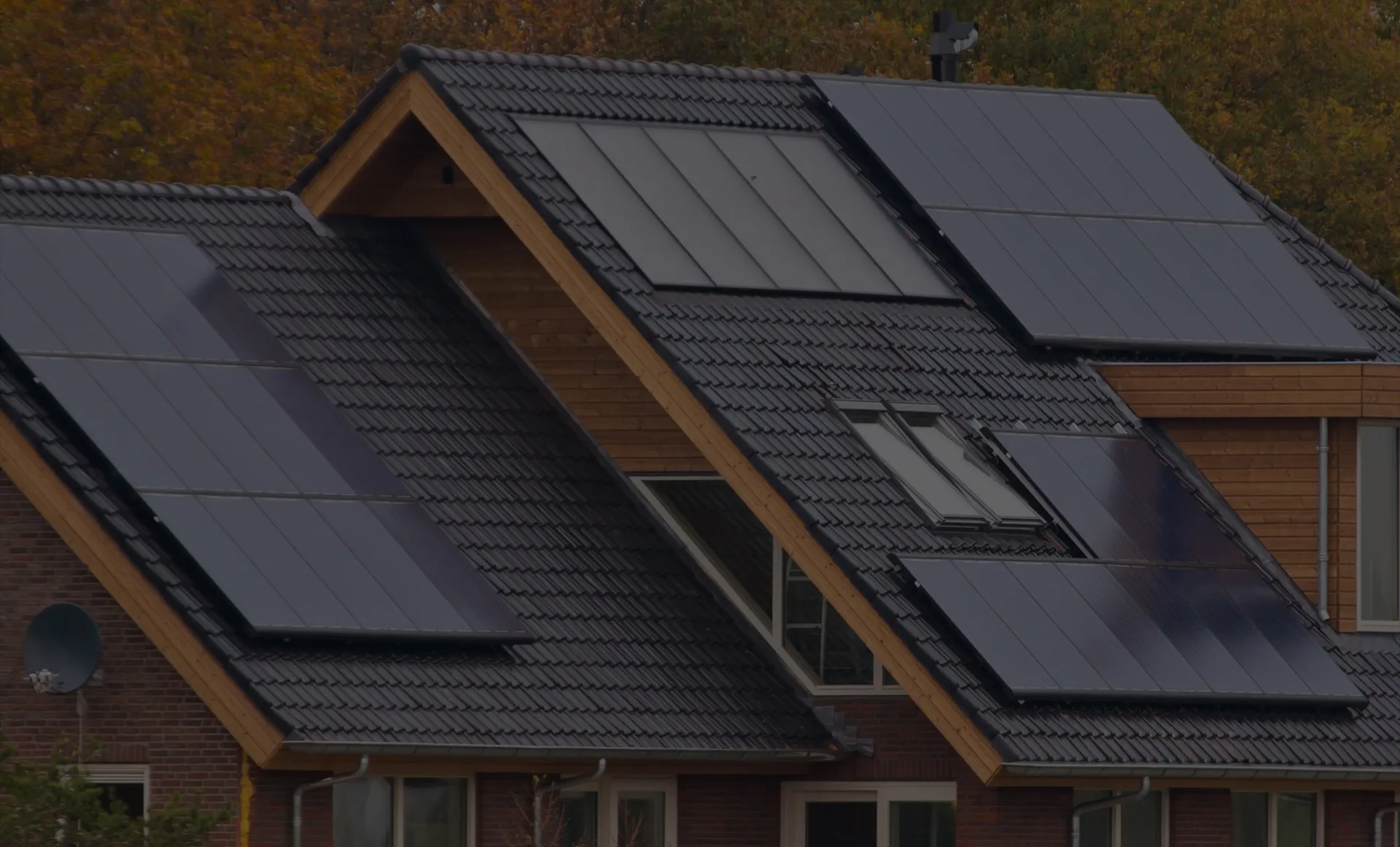solar microinverter vs string inverter
Solar Microinverter vs. String Inverter Which is Right for Your Solar Energy System?
As more homeowners and businesses transition to solar energy, choosing the right inverter is critical for optimizing performance and maximizing energy production. Two popular options are microinverters and string inverters. Each type of inverter has its own set of advantages and disadvantages. This article will explore the key differences between these two technologies to help you make an informed decision.
Understanding Inverters
An inverter is a crucial component of a solar energy system, converting the direct current (DC) generated by solar panels into alternating current (AC) that can be used in homes and businesses. The inverter also plays a role in monitoring the performance of the solar system and optimizing energy output.
Microinverters
Microinverters are small devices that attach to individual solar panels. This means that each panel operates independently when converting DC to AC. The main advantages of microinverters include
1. Improved Energy Harvesting Because each panel operates independently, microinverters can maximize energy production even if some panels are shaded or malfunctioning. This is especially beneficial in environments with variable sunlight due to trees, buildings, or other obstructions.
2. Enhanced Monitoring Microinverters allow for panel-level monitoring, meaning that homeowners can track the performance of each individual panel. This can lead to quicker identification of issues and maintenance if a panel underperforms.
3. Scalability Microinverters are highly scalable, making it easy to add more panels to your system without needing to replace the existing inverter.
4. Longer Lifespan Microinverters often come with warranties of up to 25 years and have a longer average lifespan than string inverters, partly because they handle lower voltage.
String Inverters
solar microinverter vs string inverter

String inverters, on the other hand, are larger units that connect multiple solar panels in a series, or string. While they are often more cost-effective, they come with some limitations
1. Cost-Effective Generally, string inverters are more affordable than microinverters. For many homeowners and businesses, the lower initial investment can be appealing.
2. Simplicity and Ease of Installation With fewer components to install, string inverters can be simpler to set up. This can lead to lower installation costs, which can further influence the total investment in a solar system.
3. Reduced Maintenance Since there are fewer components, maintenance and potential points of failure are reduced with string inverters.
However, string inverters also have disadvantages
1. Shading Issues If even one panel in a string is shaded or experiences issues, the entire string's output is affected. This can lead to significant energy loss in systems with multiple panels.
2. Limited Monitoring Monitoring capabilities are often at the string level rather than panel level, which can make troubleshooting more complex.
3. Less Flexibility If you want to expand your solar energy system, adding more panels to a string inverter may require replacing the inverter or significantly restructuring the system.
Conclusion
When deciding between microinverters and string inverters, it’s essential to consider the specifics of your solar installation, including roof layout, shading factors, budget, and energy needs. Microinverters may be more suitable for complex installations with shading concerns or for those who emphasize monitoring and long-term performance. Conversely, string inverters may be better for those looking for a cost-effective solution with a straightforward design. Ultimately, regardless of which inverter you choose, both technologies play a vital role in harnessing solar power and contributing to a more sustainable future.
-
Unlocking Energy Freedom with the Off Grid Solar InverterNewsJun.06,2025
-
Unlock More Solar Power with a High-Efficiency Bifacial Solar PanelNewsJun.06,2025
-
Power Your Future with High-Efficiency Monocrystalline Solar PanelsNewsJun.06,2025
-
Next-Gen Solar Power Starts with Micro Solar InvertersNewsJun.06,2025
-
Harnessing Peak Efficiency with the On Grid Solar InverterNewsJun.06,2025
-
Discover Unmatched Efficiency with the Latest String Solar InverterNewsJun.06,2025







